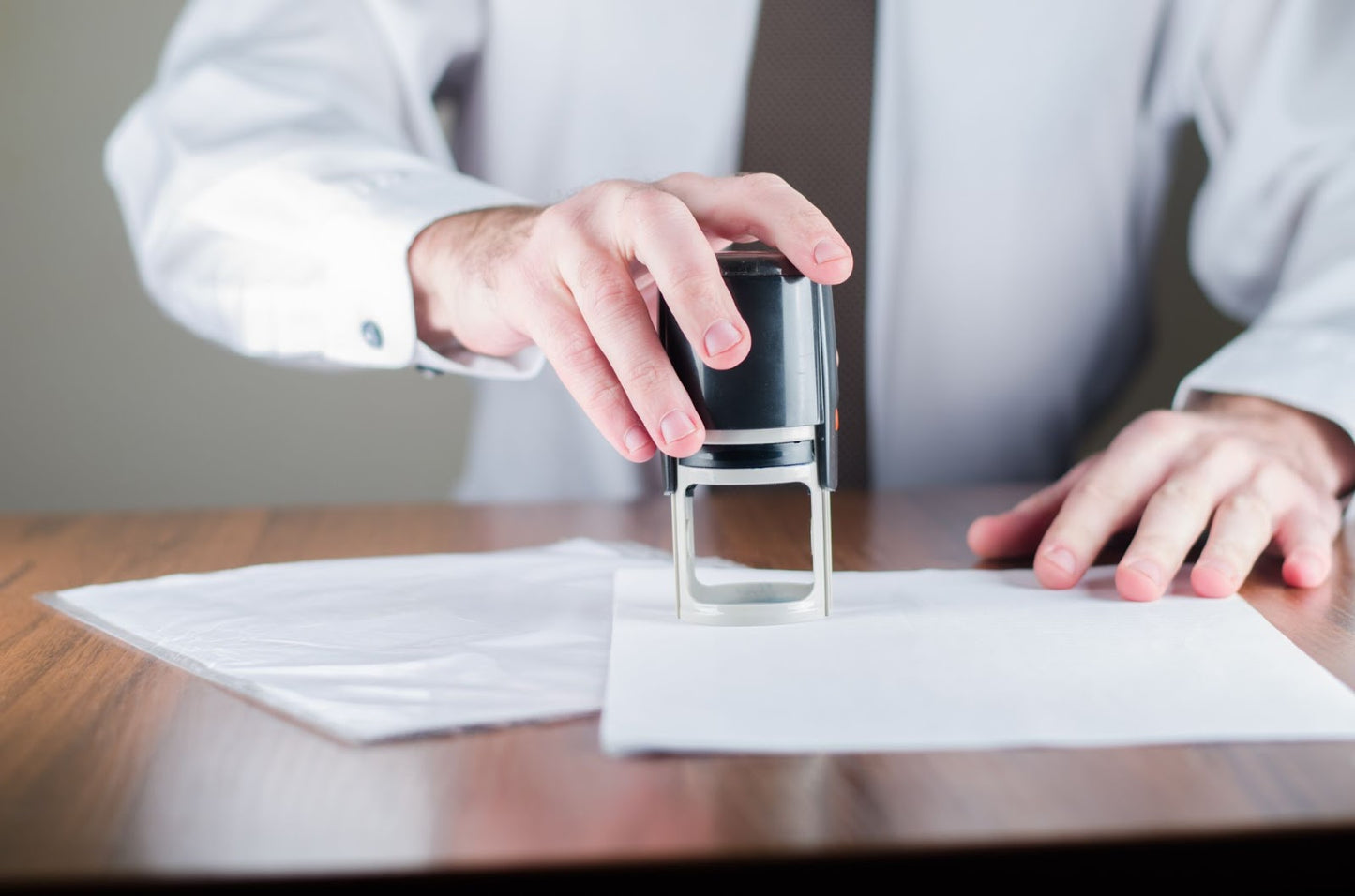
Most people need documents notarized from time to time, and if they have a notary in the family, it's only natural to turn to them first. After all, it's just a quick and easy stamp and signature, right? Unfortunately, notarizing documents for family members can be a best-practices minefield.
Is It Legal to Notarize a Document for a Family Member?
The legality of notarizing a document for a family member is the first thing that needs to be considered. Like most things regarding notary law, it depends on where you are. Many state laws don't prohibit doing it, which makes it technically legal. However, some states, such as Florida, explicitly forbid notaries from serving their family members. Pennsylvania notary publics may not perform a notarial act with respect to a record in which the notarial officer or the notarial officer's spouse has a direct or pecuniary interest. If you're considering working with a family member, be sure to review your state laws carefully.
Is It Ethical to Notarize a Document for a Family Member?
The question of how ethical it is to do this is a bit murkier. If you're notarizing a document for some extremely distant relative you've never met and have no financial association with, including potential ties like inheritance, then it probably isn't strictly unethical.
Close family members can be more of a problem, however. Even if you're not involved in a situation that requires a document to be notarized, you likely still have some potential stake in it. For example, if you notarize something related to financial assets for your parents or siblings, there's a good chance you might inherit it when they pass away, which creates a small but important conflict of interest.
Even if you don't stand to inherit anything, your close ties can cast doubt on your impartiality as a notary. While it may not be problematic enough to invalidate your notarization, it can complicate things in legal proceedings.
Notarizing a Document for a Family Member: Should You Do It?
As a general rule, most notaries and notary associations agree that it's inadvisable to work with family members in this capacity, even if you're allowed to do so in your state. It's a much better idea to refer them to colleagues who can handle it for them.
If you want to brush up on your notary knowledge in the Keystone State, we are here to help! Our team offers a Pennsylvania state-approved notary course as well as notary products and other support. For more information, contact us today.
